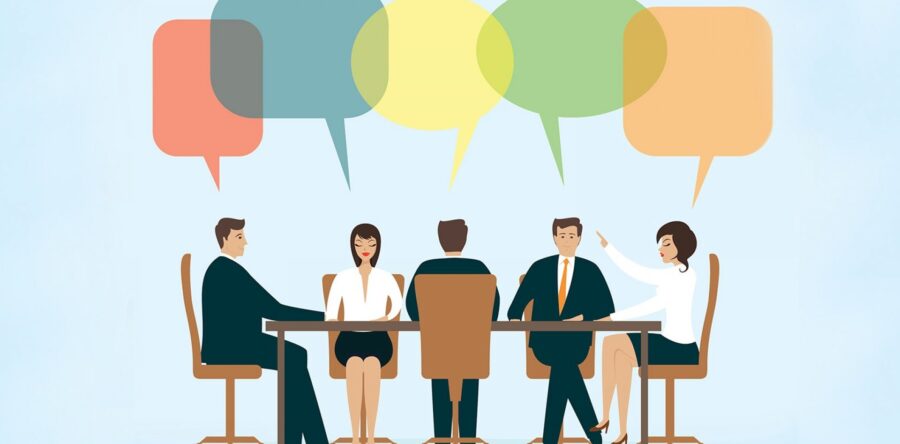Written by My Collaborative Team President, Edward S. Sachs, ACP
I have the good fortune to work with a wide array of Collaborative professionals. My practice is a Goldilocks practice. Some of my cases are with the most experienced Collaborative professionals in Florida and some are with newly trained professionals and some with just a few cases under their belt.
So what do I believe makes a good professional?
I currently have a matter with two attorneys who haven’t had a lot of cases. They still rely heavily on their litigation practices. The case should be straightforward, but what divorce truly is? The parties have sold their home and their assets are made up of the cash proceeds and retirement accounts. The wife is frugal and has a decent job. The husband clearly has the ability to meet her need for support. This is a “just greying” divorce, the husband is 62 and the wife 60. While it is a long-term marriage that would clearly indicate permanent alimony, the clients want to deal with retirement and avoid a modification action at that time.
During the few days before our second team meeting (at which we expected to begin building options for settlement) I had meetings with each client and their attorney to prepare for negotiations. Just before my meeting with the wife on the day before the team meeting, I was presented with a post-nuptial agreement, signed by the husband and wife about ten years ago. The agreement stated that should there be a divorce, the wife would get 60% of the marital estate. It was a bare bones agreement prepared by the clients. After our meeting the attorney then disclosed the document to the husband’s attorney. But the disclosure came with the assurance that the wife had no intention of asserting the agreement. She was comfortable with the 50/50 distribution that we were discussing.
This disclosure sent the husband’s attorney over the edge. She saw this disclosure as a hidden threat. How could wife’s Counsel, who was a trusted colleague, do something like this? Our case, which seemed so straightforward, had hit its iceberg.
So, back to my underlying question. What makes a good Collaborative professional?
What happened next in our case is the answer to the question. First, the husband’s attorney did what I always teach attorneys. When you get angry, when you feel ready to lose control, when you are uncertain how to react to actions in a Collaborative matter, CONTACT YOUR NEUTRALS. She called me and allowed me to offer her some perspective on the situation. I was able to calm her and discuss how she could present this new discovery to the husband without blowing the case up. After all, the wife was still on board to a settlement that the husband was also on board.
The next morning, we started with a professional pre-brief before the team meeting. The wife’s attorney, who is the least experienced on the team, listened to the neutrals describe how her email was perceived and how it could have been better handled. She listened and shared her perspective. She listened and apologized. She listened and learned. It was agreed that there was no reason to discuss the issue during the team meeting unless the clients brought it up.
Our team meeting was a big success. We structured a settlement that seems to work for both clients. We agreed that the wife should seek advice and counsel from a financial advisor before reaching final agreement.



